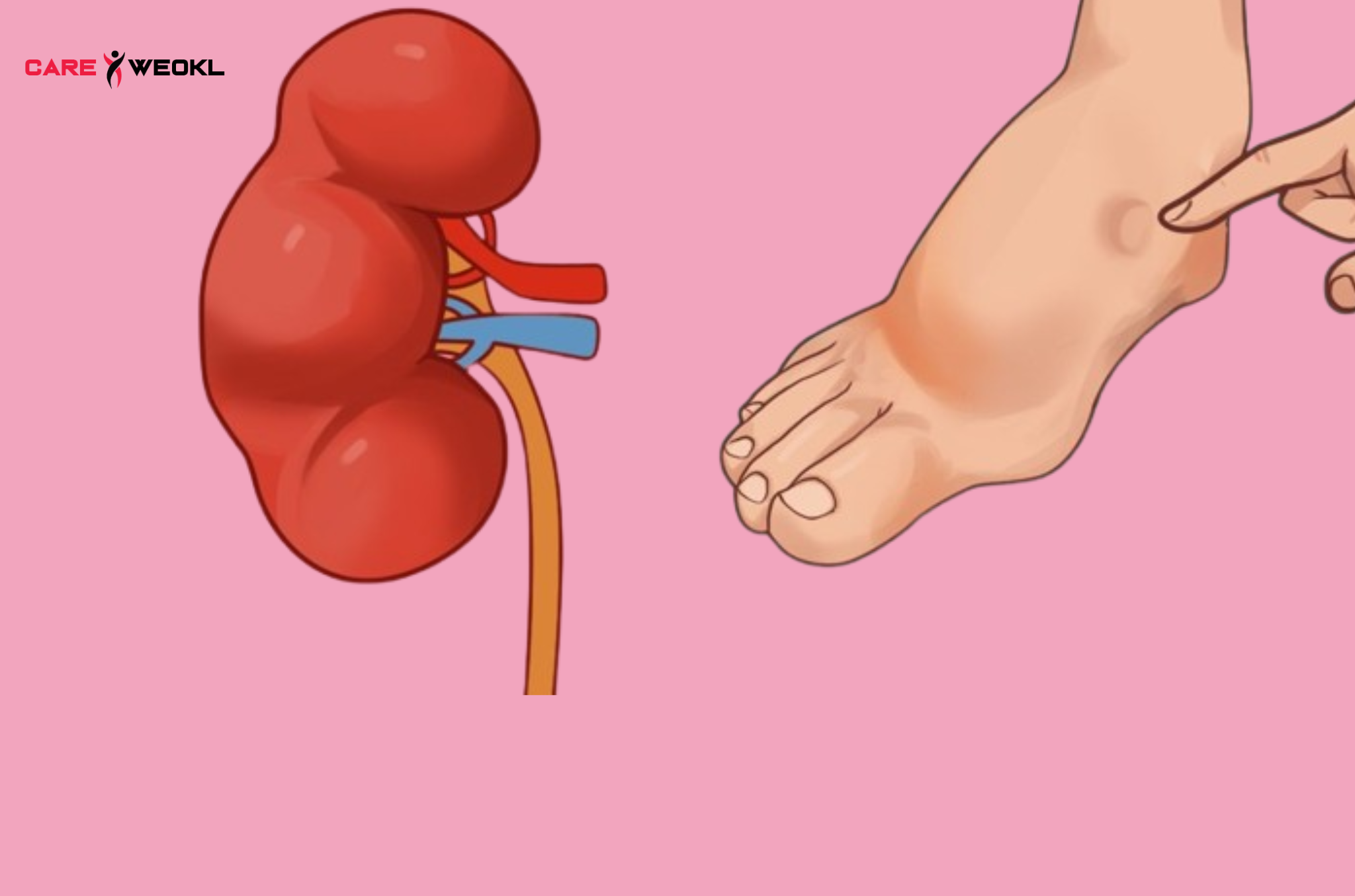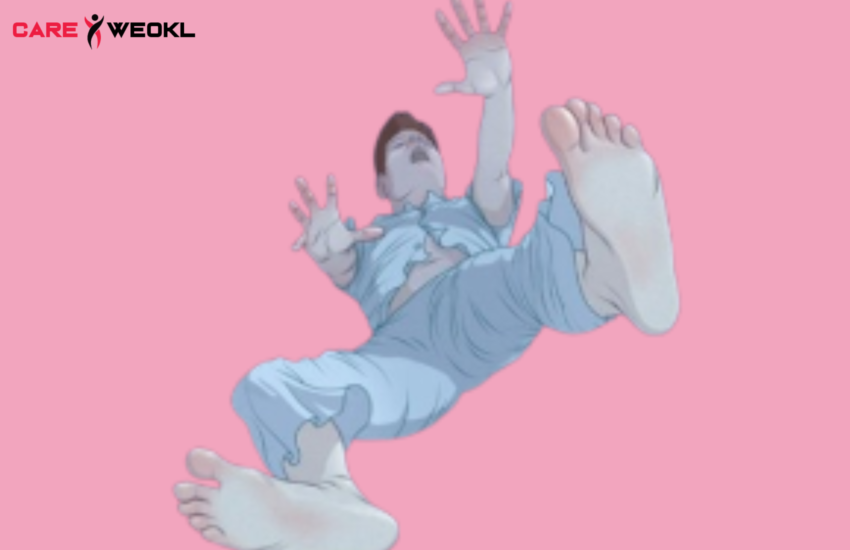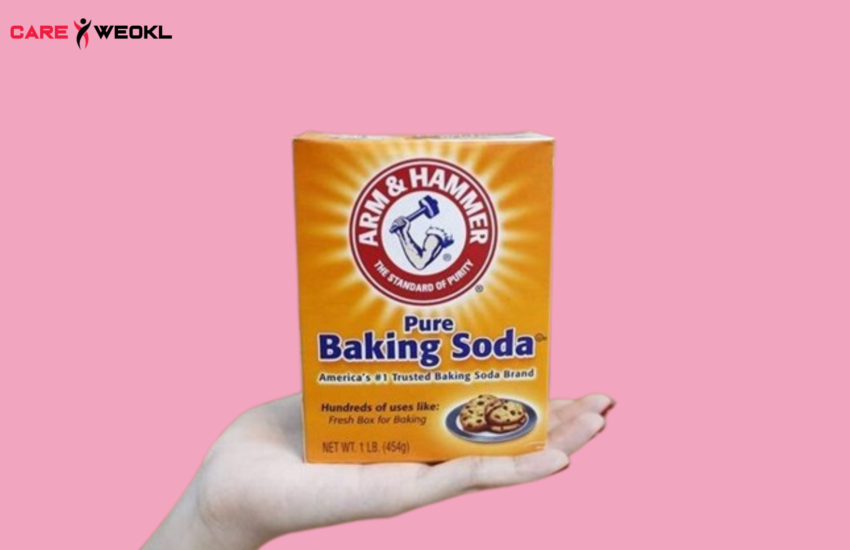Signs That Your Kidneys Are Not Working Properly!
Your kidneys play a vital role in filtering waste from your blood, regulating your body’s fluids, and balancing electrolytes. When they’re not working properly, it can lead to a buildup of toxins and other health complications. Kidney problems are often silent, meaning symptoms may not appear until the condition is advanced. Here are signs that your kidneys aren’t working properly, so you can take early action to protect your health.
- Swelling in your legs, ankles, or feet
Why it happens: Healthy kidneys help regulate the fluid balance in your body. When they’re not working properly, fluid can build up in areas like your legs, ankles, and feet.
What to look for: If you notice persistent swelling or puffiness in these areas, it could be a sign that your kidneys aren’t removing enough fluid from your body, leading to fluid retention. - Fatigue and weakness
Why it happens: Your kidneys are responsible for producing erythropoietin, a hormone that helps produce red blood cells. When kidney function declines, this process is disrupted, leading to anemia and fatigue.
What to look for: Feeling unusually tired or weak, even after a good night’s sleep, could be a sign that your kidneys aren’t making enough red blood cells. - Changes in urination
Why it happens: Your kidneys filter waste and regulate urine production. If your kidneys aren’t working properly, you may notice changes in your urination habits.
What to look for:
Frequent urination, especially at night (nocturia)
Lack of urination or difficulty urinating
Foamy or bubbly urine (may indicate protein in your urine)
Blood in your urine (may appear as pink, red, or brown urine)
Dark-colored urine (may indicate dehydration or kidney problems) - Persistent itchy skin
Why it happens: When your kidneys fail to filter waste properly, waste builds up in your blood, leading to a condition called uremia. This can cause skin irritation and itching.
What to look for: Persistent or severe itching, especially if it doesn’t go away with moisturizing or other topical treatments, could be a sign that your kidneys aren’t working well. - Shortness of breath
Why it happens: Kidney problems can cause fluid to build up in your lungs or lead to anemia, both of which can affect your ability to breathe easily. Fluid buildup in your lungs can happen when your kidneys can’t remove excess fluid from your body.
What to look for: If you’re having trouble breathing, especially during physical activity or while lying down, it could be due to kidney problems. Anemia can also make you feel short of breath even with minimal exertion. - Nausea and vomiting
Why it happens: When your kidneys aren’t working well, waste products build up in your body, leading to nausea, vomiting, and a general feeling of malaise.
What to look for: Unexplained nausea, vomiting, or loss of appetite can be signs that toxins are building up in your bloodstream due to poor kidney function. - Metallic taste in mouth
Why it happens: Waste buildup in your blood can also affect your sense of taste, causing a metallic or bitter taste in your mouth.
What to look for: If food starts to taste strange or metallic, and your appetite decreases, it could be a sign of kidney dysfunction or waste buildup in your body.
- High blood pressure
Why it happens: Your kidneys play a vital role in regulating your blood pressure by controlling the balance of sodium and fluid in your body. When kidney function is impaired, it can lead to high blood pressure (hypertension).
What to look for: Persistent high blood pressure, especially if it’s difficult to control, can be a sign of kidney disease, as your kidneys struggle to regulate fluid balance and blood pressure.
- Back pain
Why it happens: Kidney problems can cause pain or discomfort in your lower back, just below your rib cage. This pain can be sharp, dull, or constant and can sometimes be mistaken for muscle pain.
What to Look For: If you have back pain, especially near your kidneys (one or both sides), it could be related to a kidney infection, kidney stones, or other kidney problems.
- Bad Breath (Uremic Breath)
Why It Happens: As kidney function deteriorates, toxins such as urea build up in your blood, which can cause bad breath with a distinct ammonia-like odor.
What to Look For: If you notice persistent bad breath with a strong ammonia odor, it could be a sign of kidney disease or uremia, which requires immediate medical attention.
Bottom Line: Take Action Early
Your kidneys are vital organs that help keep your body in balance. When they aren’t working properly, the signs can be subtle at first, but they can become more noticeable over time. If you notice any of these symptoms, it’s important to see a health care provider as soon as possible. Early detection and treatment of kidney disease can help prevent further damage and improve overall health outcomes.



